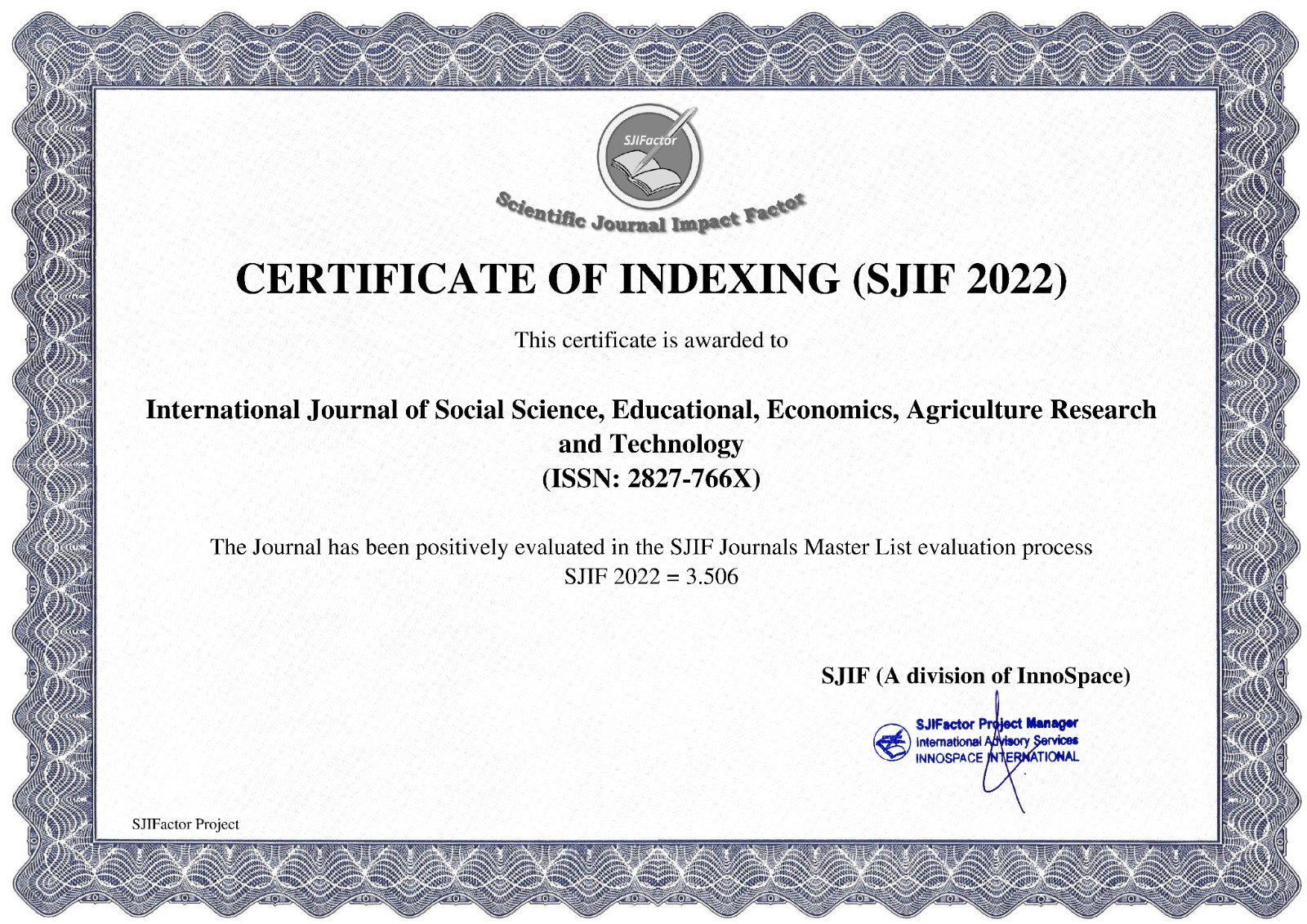SOCIO-EMOTIONAL DEVELOPMENT THE ESSENCE OF DIGITAL-BASED CIVICS LEARNING TOBELO HALUT PRESIDENTIAL ELEMENTARY SCHOOL
Main Article Content
Aulia Warye
Siti Inganah
Daroe Iswatiningsih
This study used a descriptive questionnaire to examine the social-emotional development of fifth grade students in digital-based Citizenship Education (PKn) learning at SD Inpres I Tobelo, North Halmahera. Digital-based PKn learning is a necessity in the era of digital transformation, but its impact on students' social-emotional development has not been widely studied, especially in the context of basic education in the 3T (Frontier, Outermost, and Disadvantaged) areas. Based on the results of the study, students' social-emotional development is positively influenced by the implementation of digital-based PKn learning, especially in terms of collaboration skills, digital empathy, and learning independence. However, there are obstacles in the form of a digital divide, changes in direct interaction patterns, and limited infrastructure. By utilizing digital technology to integrate social-emotional elements in PKn learning, this study produces an integrative learning model with five main components: (1) digital readiness assessment, (2) technology-assisted collaborative learning, and (3) technology-assisted collaborative learning. learning, (3) digital social reflection, (4) digital citizenship simulation, and (5) social project-based evaluation. The implications of this research provide a theoretical and practical basis for the development of digital citizenship.
Adriany, V., & Mutiara, P. (2020). Incorporating local wisdom in early childhood education: A study from Indonesia's eastern provinces. International Journal of Educational Research, 104, 101673. https://doi.org/10.1016/j.ijer.2020.101673
Budimansyah, D. (2020). Penguatan pendidikan kewarganegaraan untuk membangun karakter bangsa. Bandung: Widya Aksara Press.
Creswell, J. W., & Poth, C. N. (2018). Qualitative inquiry and research design: Choosing among five approaches (4th ed.). Thousand Oaks, CA: Sage Publications.
Hasanah, N., & Muhtadi, A. (2021). Digital learning and critical thinking: Empirical study on elementary school civic education in Indonesia. Jurnal Pendidikan IPA Indonesia, 10(1), 49-60. https://doi.org/10.15294/jpii.v10i1.28150
Kemendikbudristek. (2022). Panduan implementasi kurikulum merdeka pada satuan pendidikan. Jakarta: Kemendikbudristek RI.
Komalasari, K. (2019). Living values based contextual learning to develop students' character. Journal of Social Studies Education Research, 10(2), 124-146.
Latifa, U. (2017). Aspek perkembangan pada anak sekolah dasar: Masalah dan perkembangannya. Journal of Multidisciplinary Studies, 1(2), 185-196.
Miles, M. B., Huberman, A. M., & Saldana, J. (2014). Qualitative data analysis: A methods sourcebook (3rd ed.). Thousand Oaks, CA: Sage Publications.
Rachmadtullah, R., & Setyarini, M. (2020). Digital divide in online learning during COVID-19 pandemic: Rural and urban teachers' perspectives in Eastern Indonesia. Jurnal Pendidikan IPA Indonesia, 9(4), 515-526. https://doi.org/10.15294/jpii.v9i4.25533
Santrock, J. W. (2018). Educational psychology (6th ed.). New York: McGraw-Hill Education.
Suryadi, A., & Somantri, M. N. (2019). New challenges in educational digital transformation in Indonesia. Journal of Educational Technology Systems, 48(3), 331-349.
Wahid, A. (2021). Digital media use and its impact on interpersonal relationships among elementary school students. Cakrawala Pendidikan, 40(1), 107-119. https://doi.org/10.21831/cp.v40i1.33806
Winataputra, U. S. (2018). Pendidikan kewarganegaraan dalam perspektif pendidikan untuk mencerdaskan kehidupan bangsa. Jakarta: Penerbit Universitas Terbuka
Yin, R. K. (2018). Case study research and applications: Design and methods (6th ed.). Thousand Oaks, CA: Sage Publications.
Yusuf, M., & Sugito, S. (2022). Sociocultural approach in digital learning: Lessons from Eastern Indonesia. Indonesian Journal of Educational Research, 7(2), 210-225. https://doi.org/10.32877/ijer.v7i2.385
H. Beetham and R. Sharpe, **** appendix for prompts taxonomy: Rethinking Pedagogy for a Digital Age: Designing for 21st Century Learning. 2007.
E. E. Gallardo-Echenique, J. M. de Oliveira, L. Marqu&, and F. Esteve-Mon, “Digital Competence in the Knowledge Society,” J. Online Learn. Teach. U6 - ctx_ver=Z39.88- 2004&ctx_enc=info%3Aofi%2Fenc%3AUTF8&rfr_id=infosid/summon.serialssolutions.com&rft_ val_fmt=infoofi/fmtkevmtxjournal&rft.genre=article &rft.atitle=Digital+Competence+in+the+Knowledg e+Societ, 2015.
G. Kress, Literacy in the new media age. 2003.






















